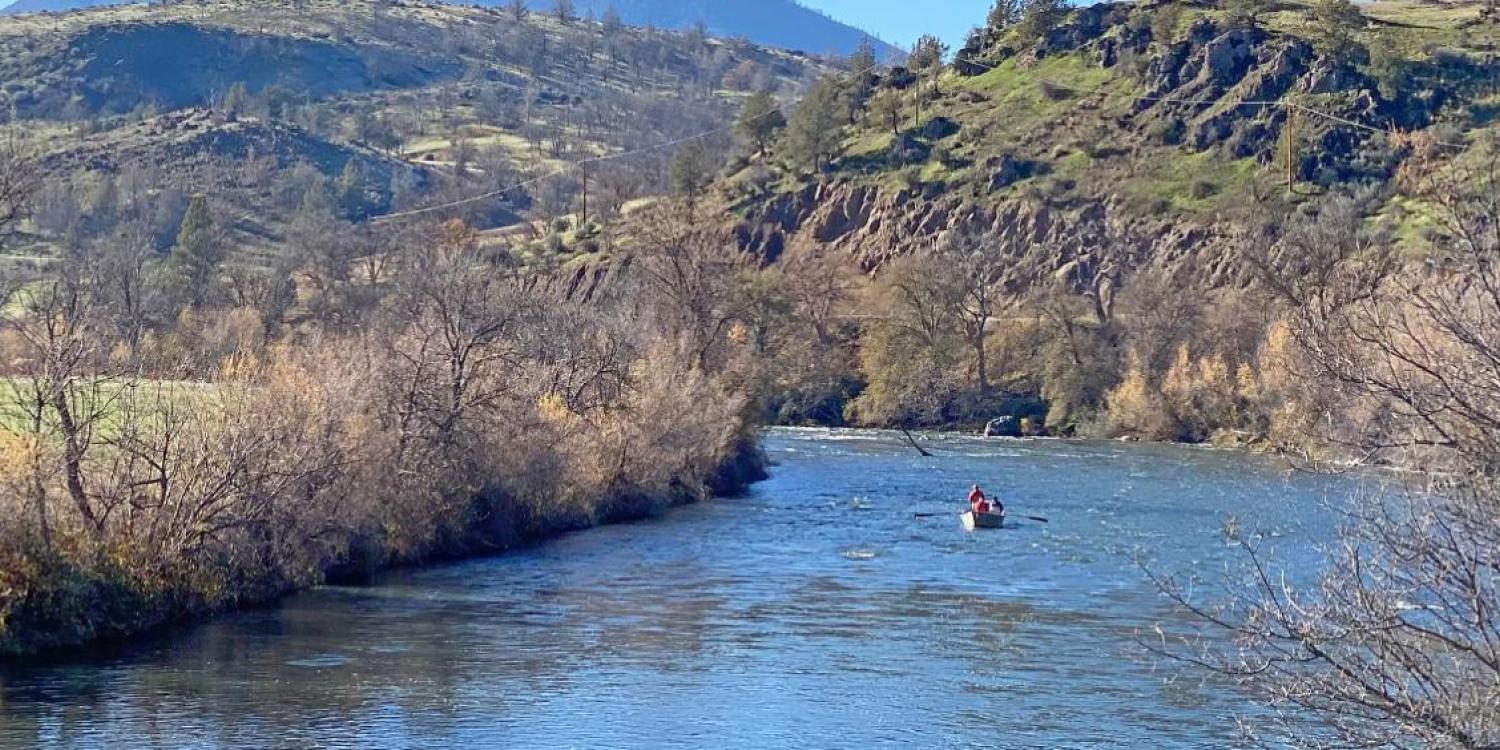
The Yurok tribe – the largest Indigenous tribe in California and the original inhabitants of the Klamath Basin – has partnered with Oregon State University researchers to have a voice in matters affecting their home. Tribal members will play a key role in research being conducted over the next three years regarding the removal of four dams on the Klamath River. This joint project with the Yurok Tribe is the first of its kind to represent tribal knowledge in decision processes in the Klamath Basin.
“We want to fill in gaps in the Western science as well as gaps in how we make equitable decisions based on both ecological science and Indigenous knowledge … our partnership with the Yurok Tribe aims to bring together multiple and complementary ways of understanding and making decisions about the Klamath system," said project leader Desiree Tullos, a professor of Water Resource Engineering at OSU.
The dams have caused many water quality and environmental problems in the area. Farmers and ranchers that depend on the Klamath Irrigation Project have dealt with frequent water shortages due to over-allocation and drought. Tribal nations and fishing communities have at the same time reported declining fish populations along 250 miles of spawning habitat that are rendered inaccessible because of harmful algal blooms.
DJ Bandrowski of the Yurok Fisheries Department, said, “We see this new project as a pathway for how science and tribal culture intersect and bridge the gap to a more robust river management to support future generations.”
Water quality is not a simple issue. More will likely need to be done to revive native fish populations, but studies have shown that removing the dams will help restore some of the natural environment.
“Their recovery will be driven in large part by management of water quantity and quality,” said Tullos. “A big piece of our research project focuses on Western science around water quality. The other big piece involves examining new ways of making decisions where all voices can be represented and where the stakes are high.” Tullos goes on to say, “By working with the tribe and stakeholders in the basin, we’ll capture a really comprehensive set of perspectives. And the more perspectives we have, the better decisions we’ll make.”